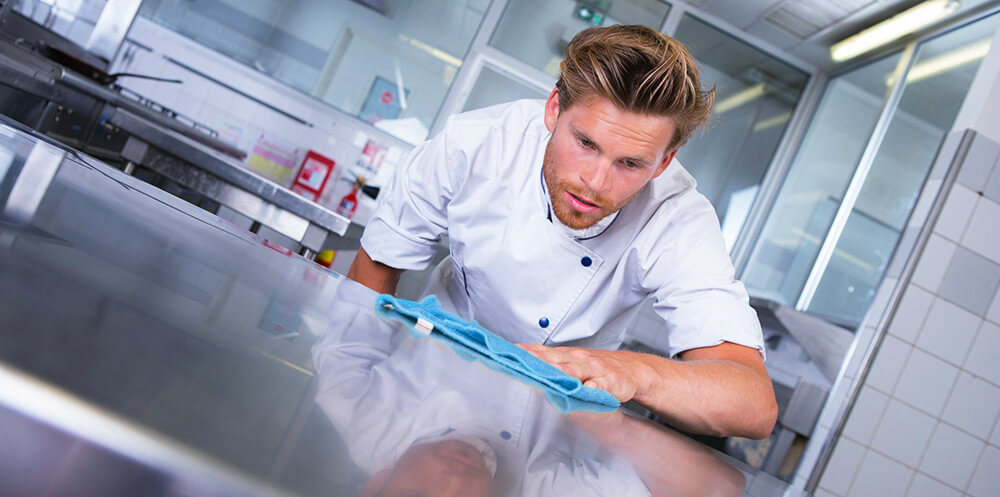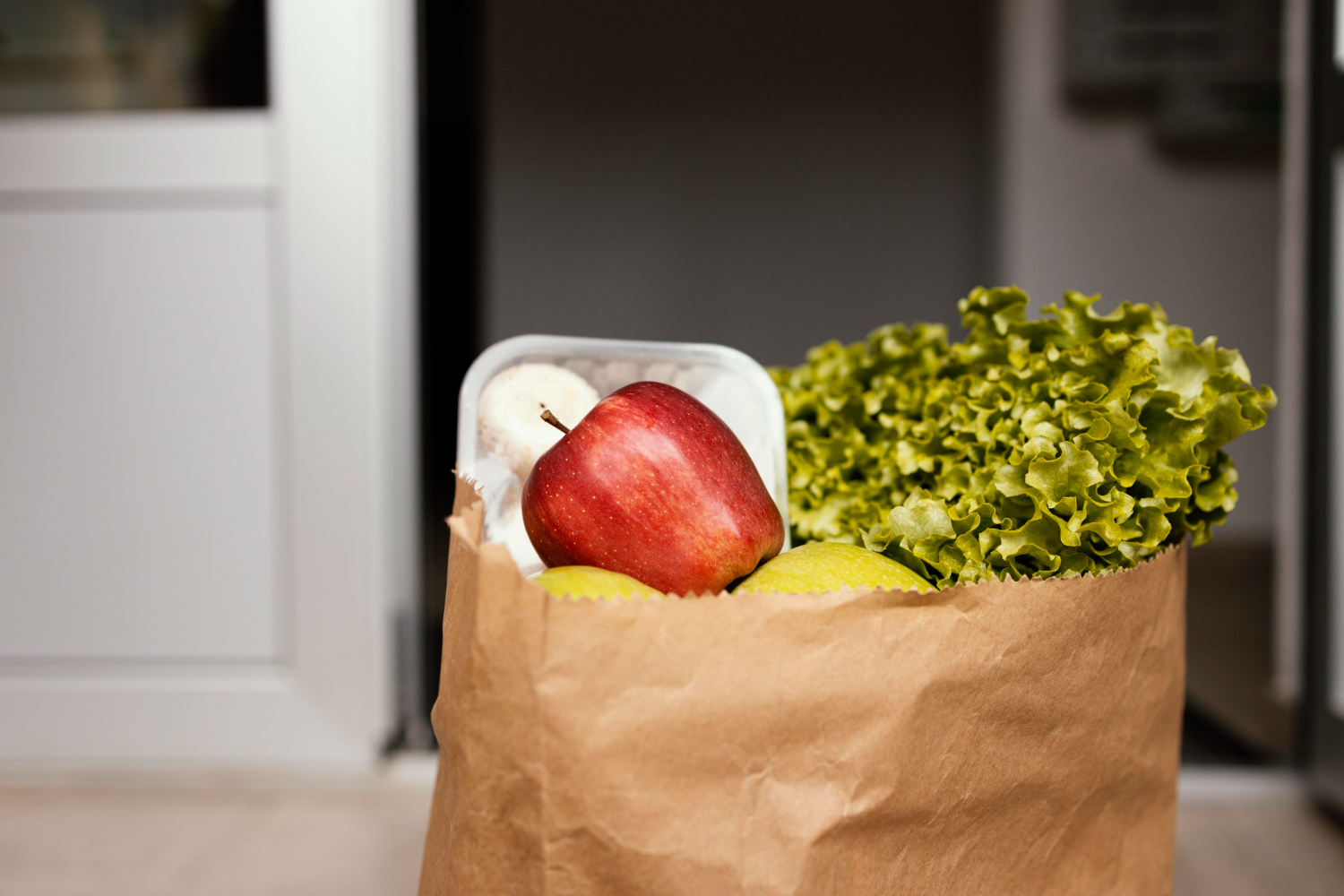Upon request from the Environmental Health Department, food handlers need to stop deodorizing food preparation surfaces. Chief Environmental Health Officer Lionel Michael has observed the practice with concern all over the country. (Related Topics: Florida Food Handlers Certificates, Florida Food Handlers Card, Florida Food Handler Certification)
During a number of inspections, it was evident that this is a rather common practice nationwide at restaurants, bars, delis, grocery stores, and supermarkets. Further, The Environmental Health Department also received a number of complaints about the practice.
Air fresheners, aerosols and disinfectants are often used to remove unpleasant odors from an area but these deodorizers should not be used to clean equipment, stoves, tables, countertops, table mats, microwaves, can openers, refrigerators, or any other food preparation area because these substances are not fit cleaning agents for food preparation surfaces.
Deodorizers are meant to be used to clean floors and bathrooms. These cleaning agents are meant specifically for deodorizing floors and walls but not food surfaces. These substances can leave a residue and other chemical contaminants on food preparation surfaces that can be transferred onto the food causing chemical contamination and chemical poisoning.
The evidence is clear, and even online research has proven that there are dire consequences derived from this practice such as multiple symptoms and several complications associated with chemical poisoning. Furthermore, depending on the type of chemical, the length of exposure, the person’s age and medical history, as well as other factors, the symptoms and their intensity may vary in unpredictable ways.
To effectively clean and deodorize food preparation surfaces, chemical deodorizers are definitely not the answer. However, if you need to deodorize and clean any food preparation surfaces, use vinegar, vinegar mixed with baking soda or household bleach. You can also make use of other types of sanitizers that will clean surfaces and make them hygienic without leaving poisonous chemical residue. Nevertheless, if you will be using household bleach, bear in mind that The Environmental Health Department’s recommended measurement for the bleach is one bleach bottle cap to one gallon of water.





